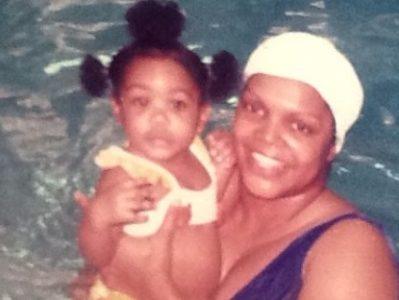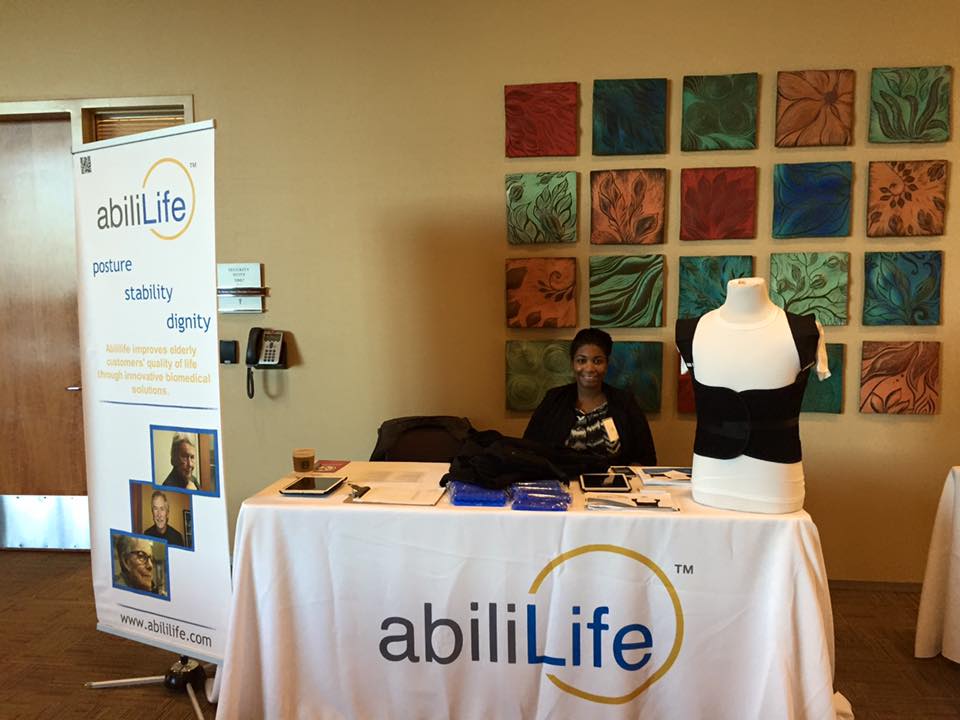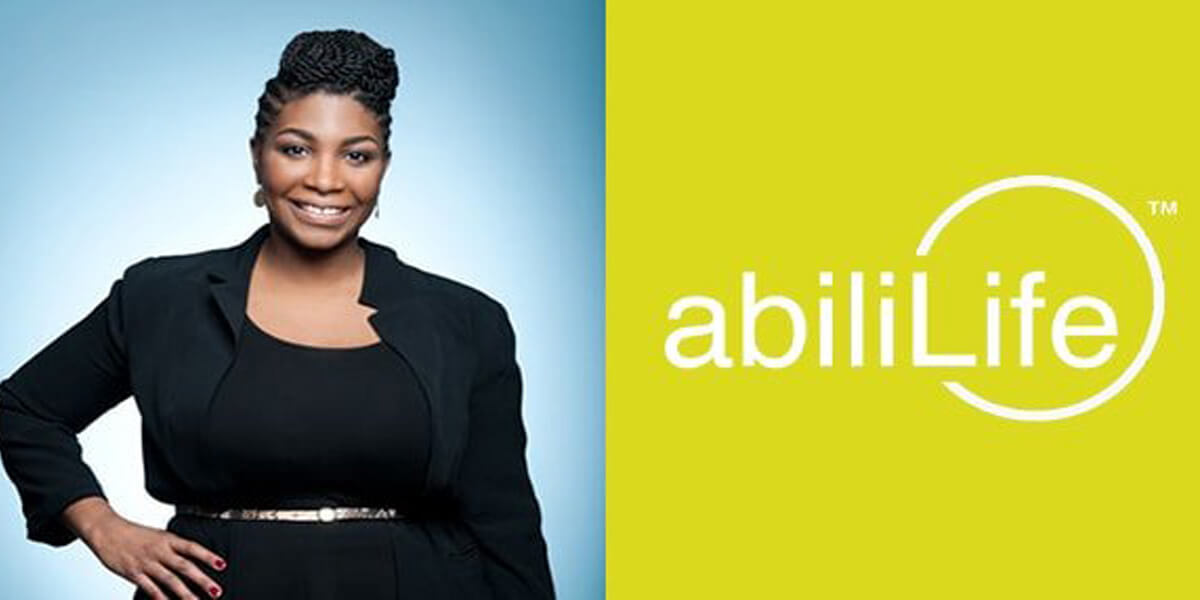Courtney Williamson, Ph.D. is founder and CEO of AbiliLife, a tech company that engineers products for elderly and neurodegenerative patients. Years ago, Williamson and her family took on the role as caregivers to her mother, Antoinette, after she was diagnosed with Parkinson’s Disease (PD). Her mother’s 25-year battle with the disease would become the inspiration for medical equipment providing support to more than 600 diagnosis codes. The most necessary resource at the start of Williamson’s entrepreneurial journey was selflessness.
“I learned very early on how to focus on others and not just myself which is a trait that takes many children and young adults years to learn. The extra responsibilities that I was tasked with along with my sister meant that I had an appreciation for hard work early on in life,” Williamson told ThePLUG.
More than 10 million people around the world are living with PD and it’s known as the second most common neurodegenerative disease found in people over the age of 60. She watched the slow progression of the disease known to cause cognitive impairments while slowly stripping away the freedom of common physical activities, take a toll on her mother’s independence.

“She passed away in 2015, but my mom’s disease taught me the importance of counting your blessings,” said. “She was thankful for the days when her symptoms were not severe, and she prayed through the days that were difficult.”
PD interferes with balance and posture control, making it difficult for patients to walk. While pursuing her Ph.D. in organizational behavior and theory at Carnegie Mellon University, Williamson noticed there wasn’t a product on the market to help her mother maintain posture and balance. More importantly, Williamson wanted her mother to be comfortable and needed something to provide relief for her constant slumping.
She began researching solutions and visited Carnegie Mellon’s incubator program, Project Olympus, to collaborate with biomedical engineering students in a capstone course to develop a prototype for a back brace. Williamson’s first product, the Calibrace+, an orthotic back brace for neuromuscular disorders, emerged in 2014 from their efforts. The product is described as the “only back brace that improves posture and balance by lifting the shoulders up and back and giving your entire back support.” At Carnegie Mellon, Williamson soon received a great deal of entrepreneurial support from the Swartz Center followed by investment and training from Innovation Works and Alpha Lab Gear. Most recently, she was invited to participate in VentureCrush which is a cohort of technology startup CEOs that want access to networks and capital in New York.

While making the transition from academia to full-time entrepreneurship, she recognized that the worlds were vastly different, but two transferable skills came in handy; hard work and consistent research before deducing a theory.
“The advice that I always give about entrepreneurship is to find a problem that impacts millions of people and then come up with a solution. The good news for entrepreneurs is that everyone has problems. Try solving one,” Williamson said.
Williamson has encountered a unique set of challenges as a founder that countless entrepreneurs of color are all too familiar with. Finding support in other Pittsburgh health tech entrepreneurs, like Saana Gaspard, CEO of Rubitection, a startup developing a system for early bedsore detection, has proven to be the support Williamson leans on in time of adversity.
“Being a Black woman entrepreneur means that I am not invited to conversations concerning funding, access to mentors, and opportunities to grow by default,” Williamson explained. “I am fortunate to be a part of some impactful groups aiming to change the dynamic that Black women face as entrepreneurs.”
The Calibrace+ is FDA registered and covered by insurance. AbiliLife is active in 39 states with plans to expand across the U.S. and globally. Williamson says her team is developing clinical wearable tech embedded in the Calibrace+ to track motor symptoms and gait, or how a person walks.








